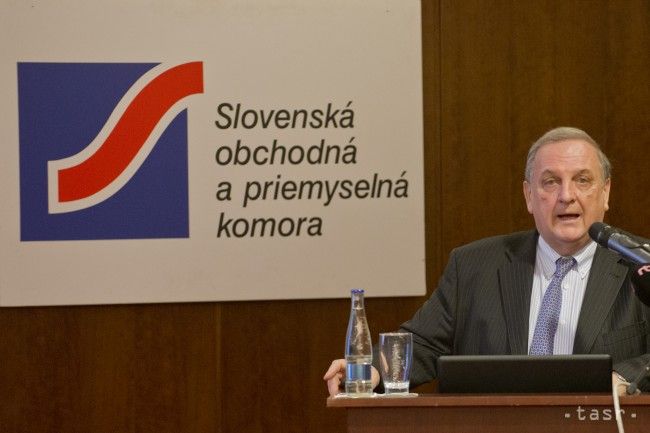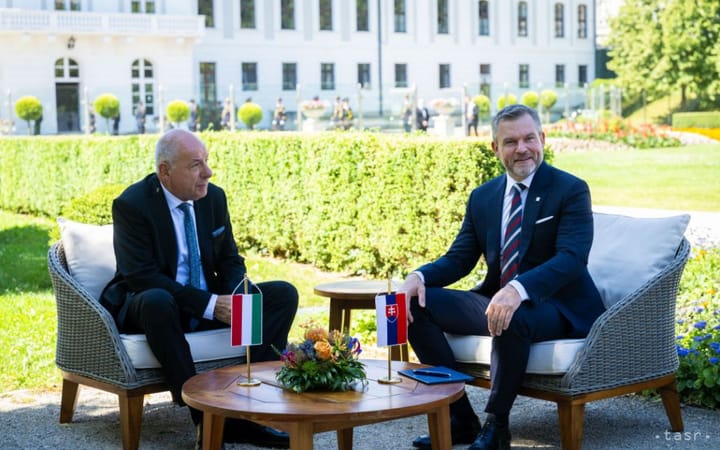Mihok: We Need to Return to EU’s Original Goals for Sake of Its Prospects

Bratislava, September 16 (TASR) – There’s a need to return to the EU’s original goals, which even after 60 years are still up to date and important for dealing with the prospects of the EU, said Slovak Chamber of Commerce and Industry (SOPK) president Peter Mihok on Friday.
The security of and guarantees for Europe’s citizens are being viewed in an ever more sensitive manner than a few years ago. The migration crisis has played a significant role in this. However, it has to be said that many EU-member states have handled the crisis better than the EU itself so far.
Frontex, the European Agency for the Management of Operational Cooperation at the External Borders, which was set up in 2004, hasn’t even been able to protect the EU’s territorial waters in the Mediterranean Sea so far, said Mihok. The EU must tackle problems with smugglers and resolve illegal breaches of the Schengen area.
A Europe without conflict and wars is the main factor when it comes to the security of all EU citizens. The main precondition for this is EU-wide cooperation and mutual respect for all players. The EU can’t be economically and financially successful if its members don’t cooperate with each other, stressed Mihok.
“If we were able to find solutions in a bipolar world, we need to be able to find them all the more now. The current substantial security threat in Europe is international terrorism. We have to search for common global solutions in order to stop people falling victim to this and to deal with the extra costs involved,” stressed Mihok.
In the first four decades of the EU project people thought that European integration was a model solution for sustainable development and growth in the quality of life. However, the coming of a new century showed that this needn’t be the case in the long term. EU-member states weren’t able to keep up with the USA. At the same time it was as though they were discombobulated by the changes in China, India, South East Asia and on the Arabian peninsula. The first signs of Europeans living above their means came to light as did a poor structure of education unsuitable for the needs of the labour market.
“Today we can see that this impression is becoming a reality. High social costs and a meagre motivational environment are significantly reducing the competitiveness of the European economy and increasing firms’ costs. This has become even more complicated due to an unsuitable regulatory framework that significantly restricts business activities in various sectors. Improvements in the regulatory framework and an easing of the impacts of indirect regulations in order to facilitate productivity growth among companies is an immediate priority of the whole EU,” added Mihok.



